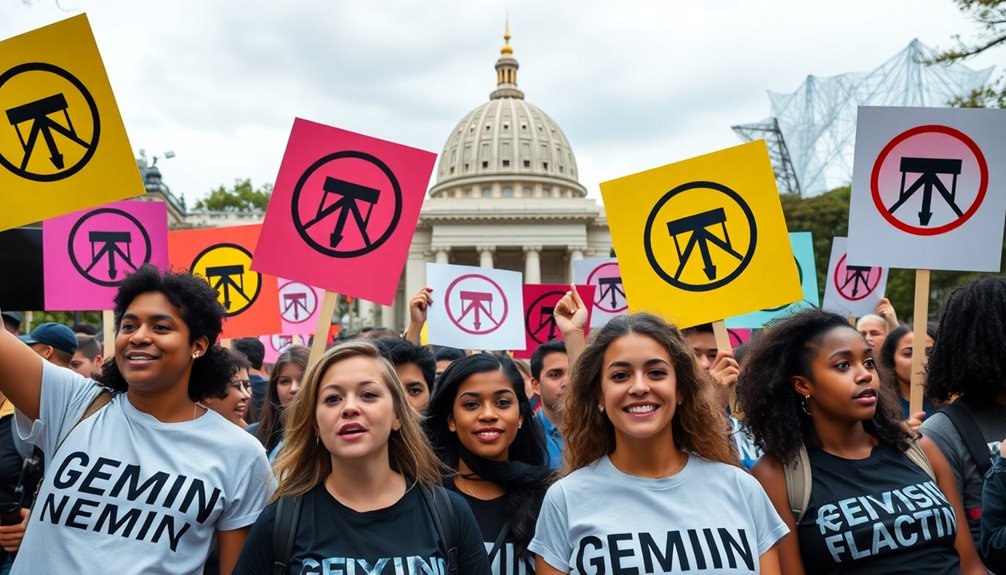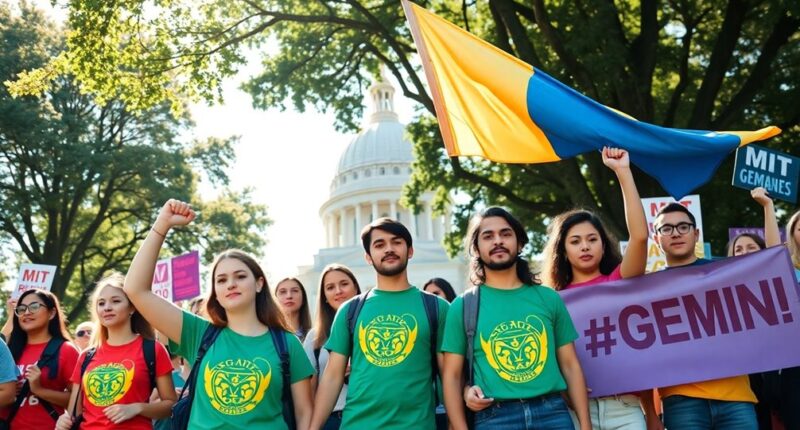You might be surprised to learn that Gemini, co-founded by Tyler Winklevoss, is boycotting MIT graduates. This decision comes in response to the university's rehiring of Gary Gensler, the former SEC Chair whose views on regulation have sparked controversy in the crypto world. By refusing to hire MIT talent, Gemini raises questions about the implications for students and the broader fintech landscape. What does this mean for innovation and career prospects?

As Gemini co-founder Tyler Winklevoss announced the exchange's decision to boycott hiring MIT graduates, the crypto community braced for the ripple effects of this bold move. By refusing to consider candidates from MIT as long as the university's association with Gary Gensler persists, Gemini's stance highlights the ongoing tension between the crypto industry and regulatory bodies.
Gensler's return to MIT as a professor, particularly in the context of his previous role as the Chair of the SEC, has sparked significant backlash among crypto advocates who view his regulatory approach as stifling innovation. Gensler's new position at the MIT Sloan School of Management, where he focuses on AI, finance, and public policy, puts him at the forefront of academia's intersection with the financial world. Gemini's hiring policy directly reflects the sentiments in the crypto community regarding Gensler's influence.
As co-director of the FinTechAI initiative at MIT's Computer Science and Artificial Intelligence Laboratory, he brings considerable expertise. However, his strict regulatory stance, famously encapsulated by the phrase "Everything is a Security," has left many in the crypto space feeling uneasy. You can't ignore the disappointment rippling through the community as they watch Gensler's influence shape perceptions of what constitutes innovation.
Gemini's decision not only affects full-time hiring but also extends to summer internship programs. If you're an MIT student eyeing a career in crypto, this boycott could severely limit your options. The sentiment among some MIT alumni is one of embarrassment regarding Gensler's return, especially since they believe his policies contradict the innovative spirit that defined their education.
This situation could skew how employers perceive MIT graduates, potentially tarnishing the university's reputation in the burgeoning crypto sector. The reaction from the crypto community has been vocal and critical. Many argue that Gensler's presence at MIT may hinder blockchain innovation and discourse, limiting the vibrant exchange of ideas that a forward-thinking institution like MIT should foster.
You might find yourself in lectures where students challenge Gensler's views, leading to heated debates that could end up trending on social media. In the long run, Gemini's boycott could have lasting implications for MIT's standing in the fintech and crypto worlds.
As the industry grapples with regulatory frameworks, this divided landscape could dictate the future of innovation, leaving many to wonder how academia and regulatory bodies can coexist without stifling the very creativity they seek to nurture.









